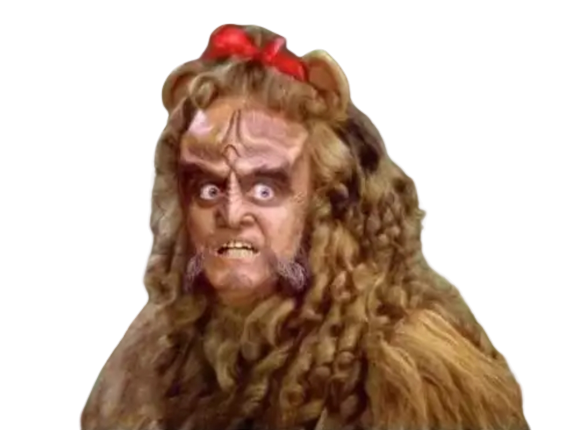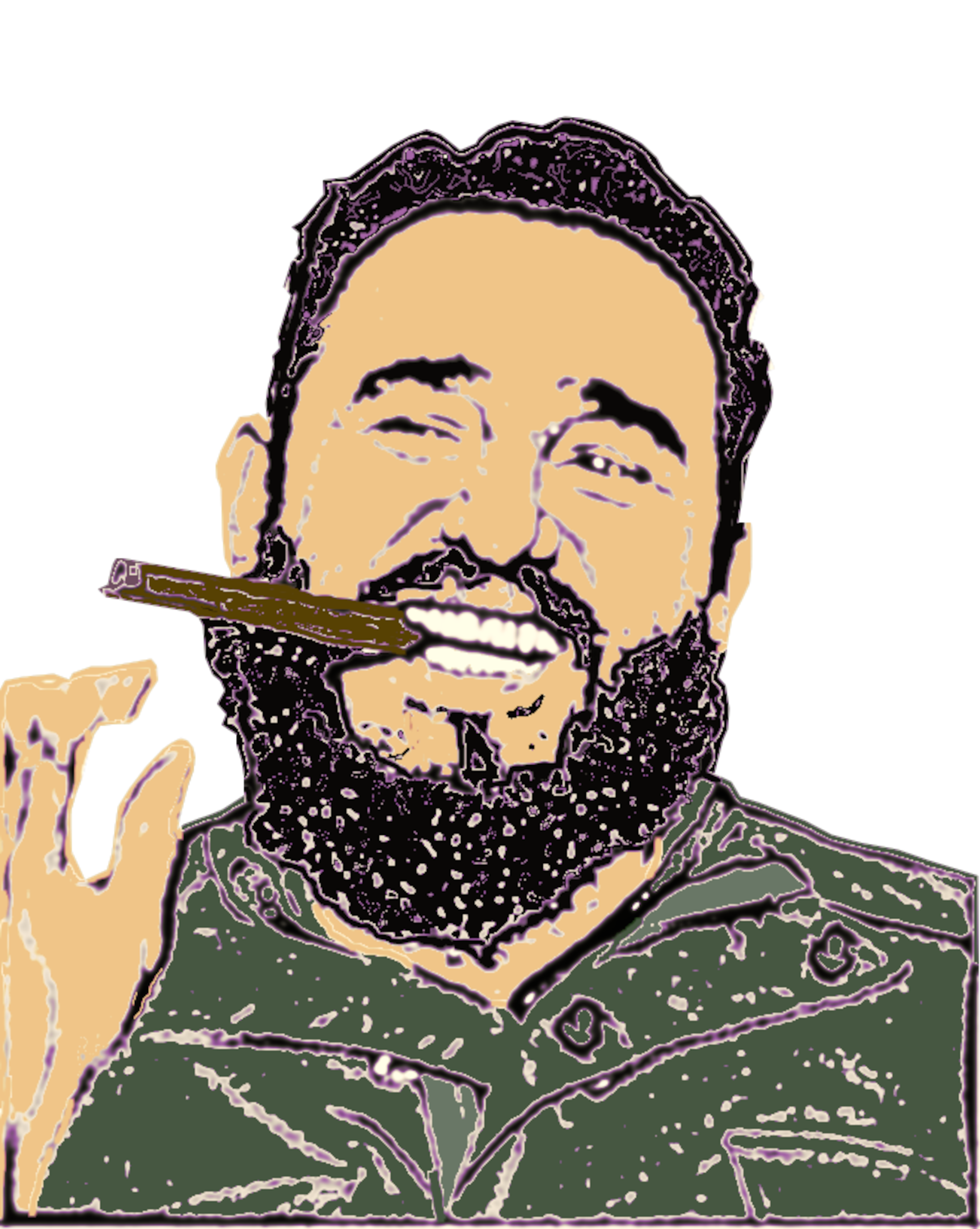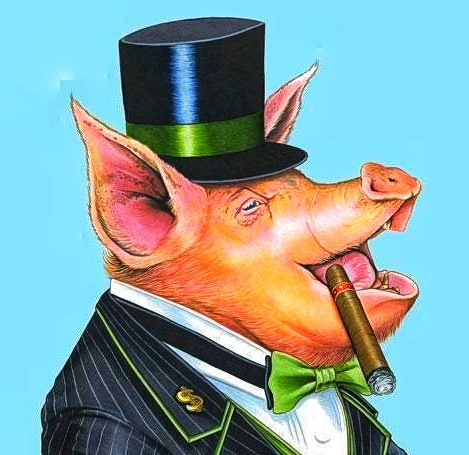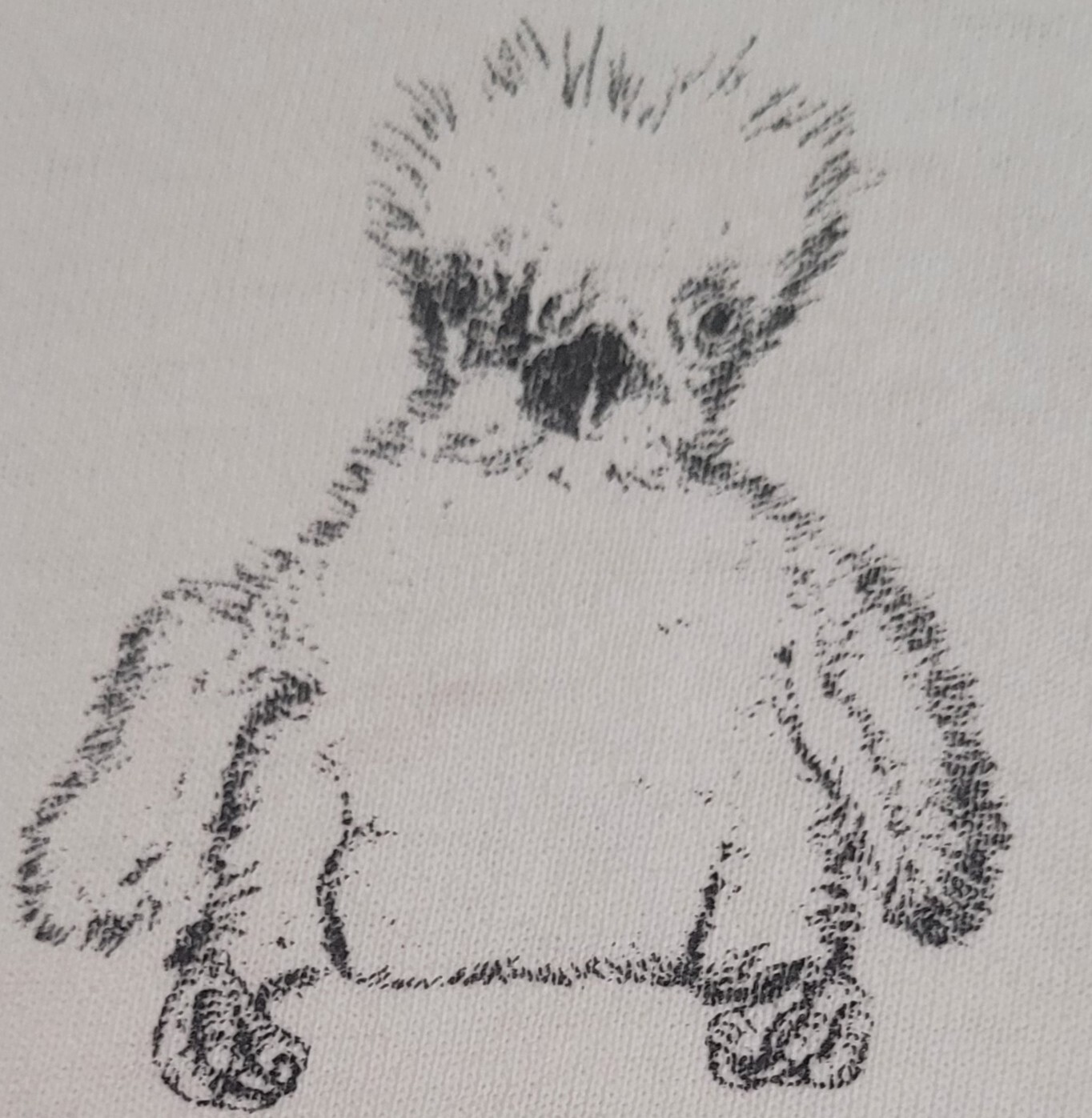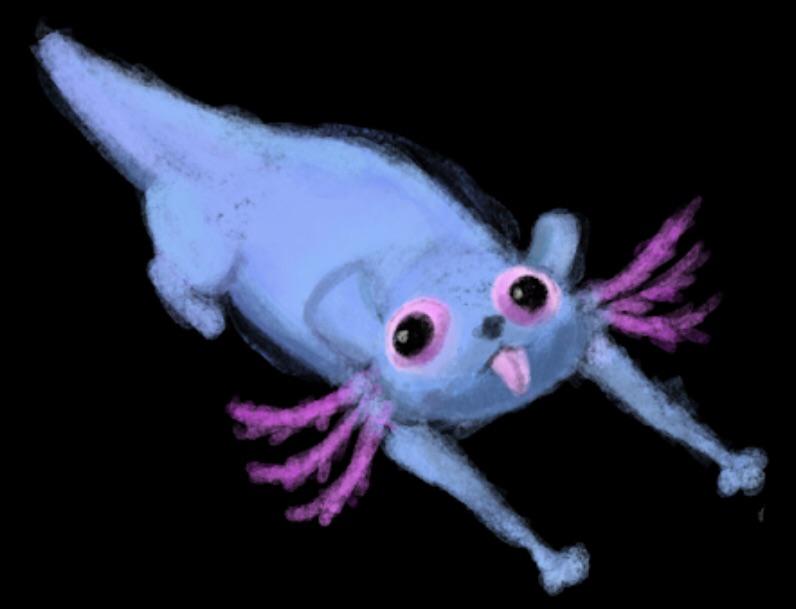This is the best actual answer. As always, the official podcast of c/chapotraphouse is correct
Haha I was going to link to this too. Their first ep on veganism was really good as well.
Killing animals and consuming their flesh is taught to have been a traditionally masculine role. Don't think about how almost no one in most of the world still hunts for their meat, or how the animals are raised.
The same reason any man gets considered "less masculine"
 are deeply insecure
are deeply insecureHere's an example. I worked at a dog boarding place with a real
 guy.
guy.I'm a cis male over 6 feet with a big beard. I was working outside for 8 hours a day, mixing it up with a bunch of dogs. But sonehow, i wasn't or was way less "masculine" then him - at least according to him lol. He was a real clown
It started with the original settlers (what were all those cowboys doing out there?) In fact, meat=masculine is a big part of colonialism, so places like Argentina, Australia, etc also have these brainworms. It's a great way to get armed guys to push out the natives
Disappointing liberal article. Advertising did not make something from nothing; gender disparities in meat consumption are older than that. Check out The Sexual Politics of Meat, which answers this question in great detail. It's complicated, but basically:
- Women are objectified, reduced to specific aspects of their flesh instead of considered as entire human beings. Tits or ass?
- Animals are literally objectified; a neatly packaged grocery store steak has no relation to the once-living cow it was cut out of.
- This "absent referent" allows cultural violence against a group without directly recognizing them. For instance, a number of restaurants have animal logos with (human) female secondary sex characteristics that attempt to seduce the patron into eating them. They may joke about chicken "breasts" or "racks" of ribs, etc. Women describe being treated "like a piece of meat"; boomer humor explicitly compares the bodies of women to those of animals to be consumed.
- Participating in this process is manly, because a man is someone who dominates others by objectifying, fragmenting, and ultimately consuming them. Refusing to turn animals into flesh, instead recognizing them as moral entities, is linked to a refusal to objectify women, instead treating them as people; this makes you gay or a soyboy or whatever.
Please forgive my clunky explanation; I read the book last year. I highly recommend it: it's an easy read and chock-full of evidence.
In the fable of Cain & Abel, Cain killed Abel because he was envious of Abel because God preferred Abel's offering of meat to Cain's offering of plants.
Can we not body shame men (and other penis havers) who have a problem with their body that has a cheaply available pill which solves it? It's not like eating red meat is the only way to get ED. It would be like shaming men for needing antihistamines.
Actually a more apt comparison is shaming women/vagina havers for vaginismus, which would also be unacceptable.
I am very pro reminding people that too much red meat does lead to ED, tho.
Commodity fetishism. Using meat as a masculinity fetish, worshiping the inability to have regular bowel movements.
Thats not what commodity fetishism is.
As a form of reification, commodity fetishism presents economic value as inherent to the commodities, and not as arising from the workforce, from the human relations that produced the commodity, the goods and the services.
It's just a manifestation of a society based around consumption. Buying meat from a store and eating it affirms the imagined masculinity that was previously upheld by hunting.
Because most people don’t realize how many vegan men theyve met.
Vegans is woke libs. Woke libs is not manly. Also 4chan soy brain worms.



